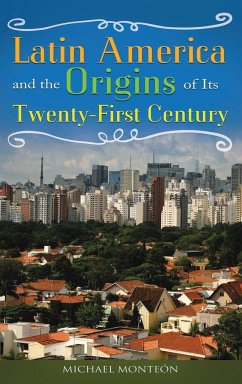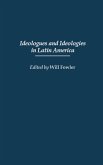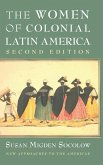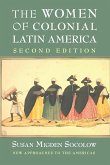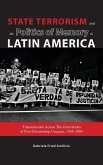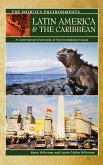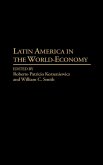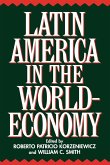Latin American societies were created as pre-industrial colonies, that is, peoples whose cultures and racial makeup were largely determined by having been conquered by Spain or Portugal. In all these societies, a colonial heritage created political and social attitudes that were not conducive to the construction of democratic civil societies. And yet, Latin America has a public life--not merely governments, but citizens who are actively involved in trying to improve the lives and welfare of their populations. Monteon focuses on the relation of people's lifestyles to the evolving pattern of power relations in the region. Much more than a basic description of how people lived, this book melds social history, politics, and economics into one, creating a full picture of Latin American life. There are two poles or markers in the narrative about people's lives: the cities and the countryside. Cities have usually been the political and cultural centers of life, from the conquest to the present. Monteon concentrates on cities in each chronological period, allowing the narrative to explain the change from a religiously-centered life to the secular customs of today, from an urban form organized about a central plaza and based on walking, to one dominated by the automobile and its traffic. Each chapter relates the connections between the city and its countryside, and explains the realities of rural life. Also discussed are customs, diets, games and sports, courting and marriage, and how people work.

